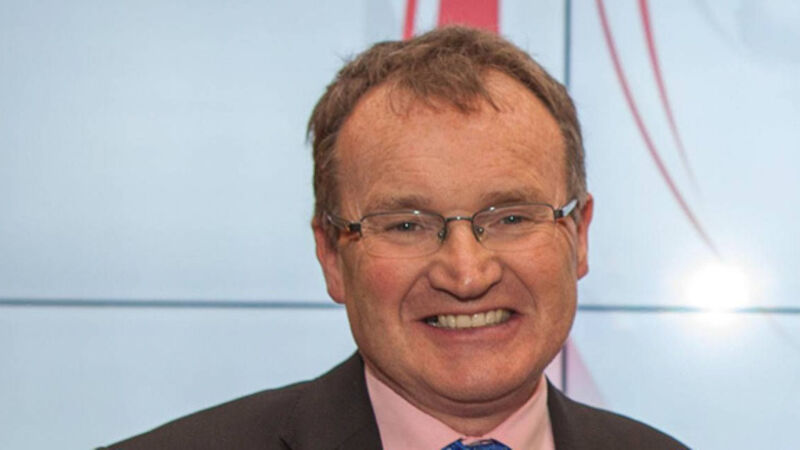Upturn pivots on fickle world outlook

The events of 2007 have hopefully hammered home just how important external developments are to an economy, particularly to a small open economy.
All forecasters, both domestic and external, are predicting a good year ahead for the domestic economy.
While a decent momentum is evident at the moment, external developments will determine just how good it will turn out to be.
The key factors that will need to be watched are global activity, interest rates, exchange rates, commodity prices, and geo-political issues such as Islamic State, Russia, and the potential British referendum on exiting the EU.
Global economic prospects look set to be mixed over the coming year.
The US is doing reasonably well and has a decent level of momentum.
The unemployment rate is now at a low of 5% and this, more than anything else, is what inspired the December rate increase.
It is the labour market that will determine if the 1%-plus increase in rates expected during 2016 will be delivered. I think they will be and possibly a bit more.
Manufacturing is the key area of vulnerability, and will not be helped by the likely strength of the dollar.
However, it is a relatively small part of the economy and will not figure that prominently in the actions of the Federal Reserve.
The British economy has very much surprised on the upside over the past couple of years.
While it has eased somewhat in recent months, there is no reason to believe that it will not perform reasonably well again in 2016. The EU referendum represents the key element of uncertainty.
My gut instinct, up until three months ago, was that once push came to shove, the UK electorate would vote to stay in the EU, on the basis that the devil you know is better than the one you don’t.
However, over the past few months the ground has shifted. Recent polls have shown a 50/50 split.
The anti-EU campaign has been strengthened by the attacks in Paris, the migration crisis, and the general rise of IS.
Prime Minister David Cameron is looking for certain commitments from the EU on areas such as benefit rights for migrants, less regulation, an improvement in the operation of the single market, and opt-outs for the UK in an ever closer EU.
The migrant issue presents the greatest challenge for Mr Cameron, because something meaningful would probably need a change to EU treaties.
That would thus require a combination of referenda and parliamentary ratification.
This would not be easy, but the alternative could be a challenge through the European Court of Justice.
The anti-EU arguments in the UK do not stand up to any sensible scrutiny, but logic is in short supply in this debate. It could be a closely run referendum that could have significant repercussions for Ireland.
The eurozone is likely to continue to trundle along during 2016, still struggling to come close to delivering its growth potential. No pressure whatsoever on official interest rates.
In the emerging economies, China, Russia, and Brazil will struggle, and commodity-based economies such as Australia will not do well in an environment where commodity prices look set to remain low.
China is obviously the economy that will warrant most attention, as the signs were worrying over the past year. That country has the potential to generate considerable volatility and nervousness in markets over the coming year.
On the oil markets, prices are likely to remain low, as the forces of supply and demand look set to remain out of kilter. Any signs of an improving Chinese economy could very quickly change sentiment in the oil mar- ket.
For the moment, all importing nations will enjoy a price boost akin to a massive tax cut.
All in all it does promise to be a most interesting year, but one fears that further terrorist attacks might just dominate the headlines and economic stories will take second place.












